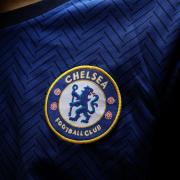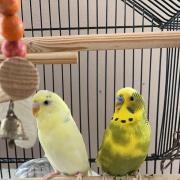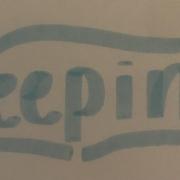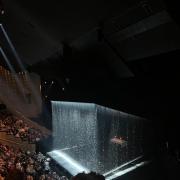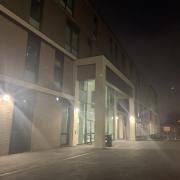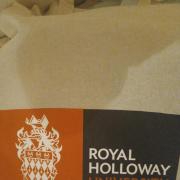
A thought experiment is a hypothesis or a theory for the purpose of thinking through its consequences and inspire logical thinking. I am going to introduce two of my favorite thought experiments that the philosophy behind them is really interesting and worth thinking.
The ship of Theseus
The ship of Theseus is one of the oldest thought experiments, first recorded by Plutarch. It describes a ship that can snail for hundreds of years at sea. Such a long voyage is attributed to uninterrupted maintenance and replacement of parts. As long as a wooden board rots, it will be replaced, and so on, until all the functional parts are not the original ones.
The question is, is the resulting ship the original Theseus ship, or a completely different ship? If it is not the original ship, when is it no longer the original ship?
The philosopher Thomas Hobbes later extended this that if all of the old parts removed from the old ship are used to rebuild a new ship, then which of the two ships is the real ship of Theseus?
The philosophical point behind this thinking experiment is about the nature of identity, whether an object is only equal to the sum of its components. Modern examples are we know human cells change and are substituted completely about every seven years, so are we still the same person as before?
In other words, is noumenon existence the continuity in time or the continuity in space is the existence of the 'self'?
Monkeys and Typewriters
The content of this thinking experiment is that if we allow countless monkeys to type randomly on countless typewriters for an infinite time. Then at some points, they will inevitably type out a ‘Hamlet’ completely.
The idea of monkeys and typewriters was popularised by French mathematician Emile Borel at the beginning of the 20th century, but the basic idea of this thinking experiment can be traced back long ago to Aristotle.
This thinking experiment can be further relating to Poinceré’s recurrence theorem which is much more complicated. Counterintuitive, they are both mathematically provable, but realistically you will never see countless monkeys gather together……
However, maybe it is possible for us to see monkeys spell out Shakespeare's name!
Here are only two thought experiments, in fact, there are many more, and each of them would always throw us into the sad side of the philosophical world where it could lead us into the fundamental problems that are contrary to the real world.
But, what is ‘us’?




